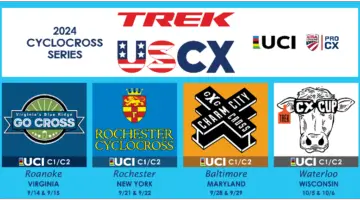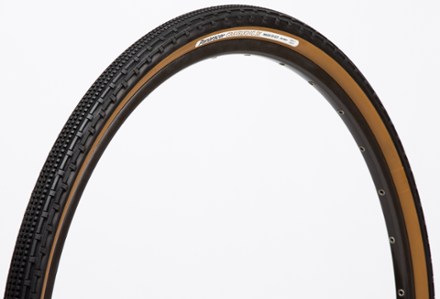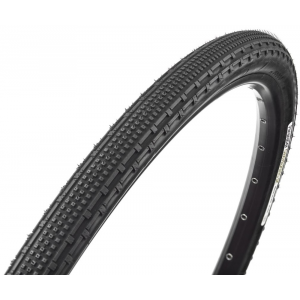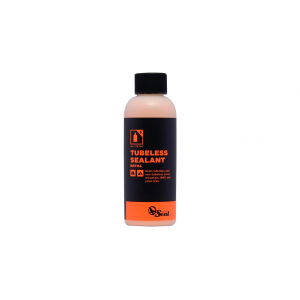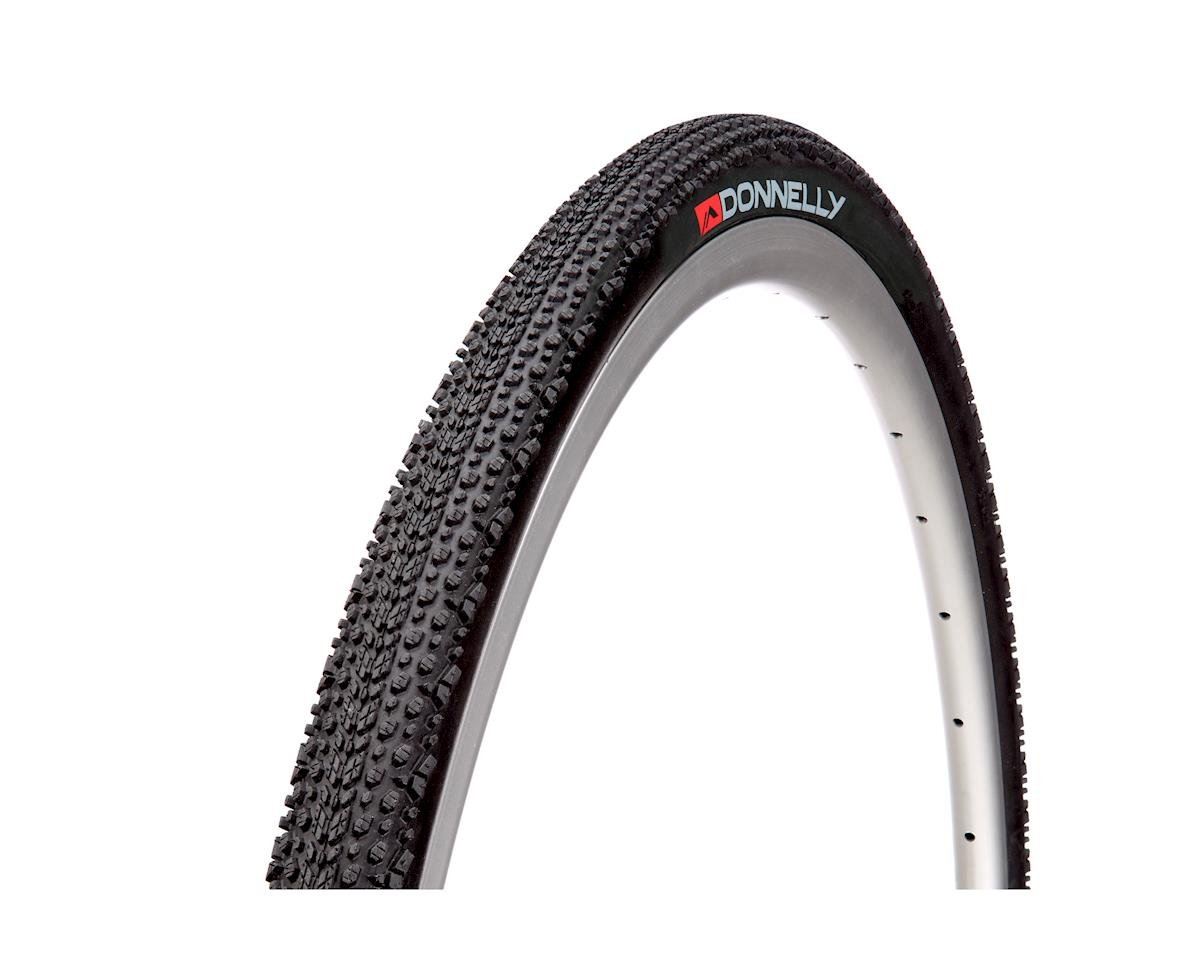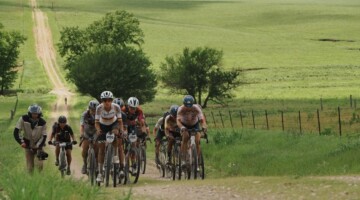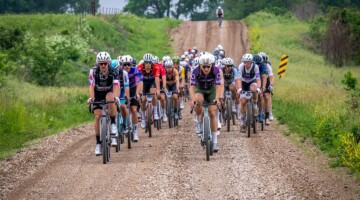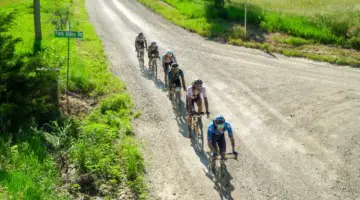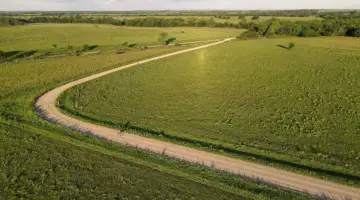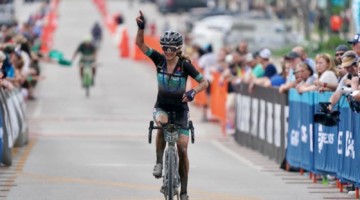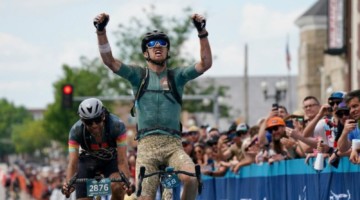The biggest weekend in gravel is upon us. Out west, a new Lost and Found gravel race course awaits racers, delivering rocky roads, major climbs and the thin air of elevation. While in Kansas, the legendary Dirty Kanza draws thousands to participate in an event that is equal parts Ironman triathlon and game of Survivor. Former road pro Neil Shirley lines up for his fourth attempt at this infamous event tomorrow, and checks in with this pre-race diary.
by Neil Shirley
The Mount Everest of gravel events is upon us. This weekend, more than 2,000 riders will line up on the main street in Emporia, Kansas, with the hopes of making it through 206 miles of gravel roads in the unforgiving Flint Hills. Simply finishing the Dirty Kanza is quite the feat considering that even in a good year only about half of the registered riders find their way onto the results sheet. For me personally, getting my name on that list is once again the goal, and if a top-10 result came along with it, that would be a huge cherry on top.
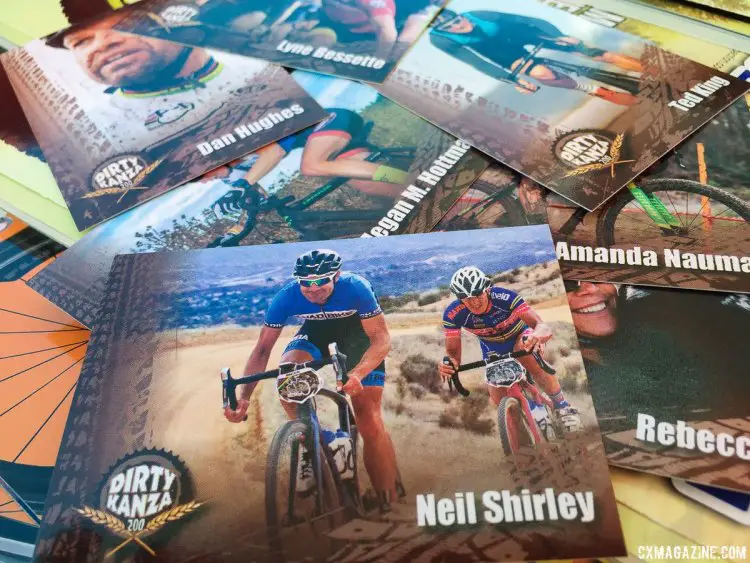
The event sure has come a long way, and now is complete with gravel superstar trading cards. Dirty Kanza gravel race. photo: Neil Shirley
There’s the obvious challenge of getting through more than 200 miles of gravel roads that range from the well traveled and relatively smooth, to the unmaintained ranch roads that are made up of flint stones of various sizes. Flintstone was used by the Native Americans to make arrowheads; so, as you can imagine, Dirty Kanza is hardly a tire-friendly event. On top of the equipment considerations, June weather in Kansas can be about as predictable as the 2016 Presidential election.
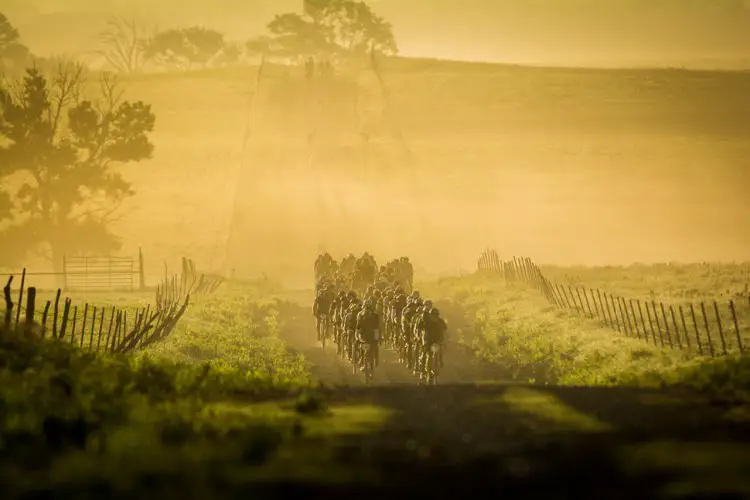
Dirty Kanza is unpredictable in conditions and weather, but not in difficulty. photo: Dustin Michelson/Gazette
In the three previous years I’ve done DK it has ranged from perfect mid-70s temperatures with a fast and dry course, to rainy with miles and miles of hiking through mud bogs (I still have nightmares about that day), all the way to the high heat and wind of last year. With rain in the forecast for this weekend, it is sure to be anything but an “easy 200 miles.”
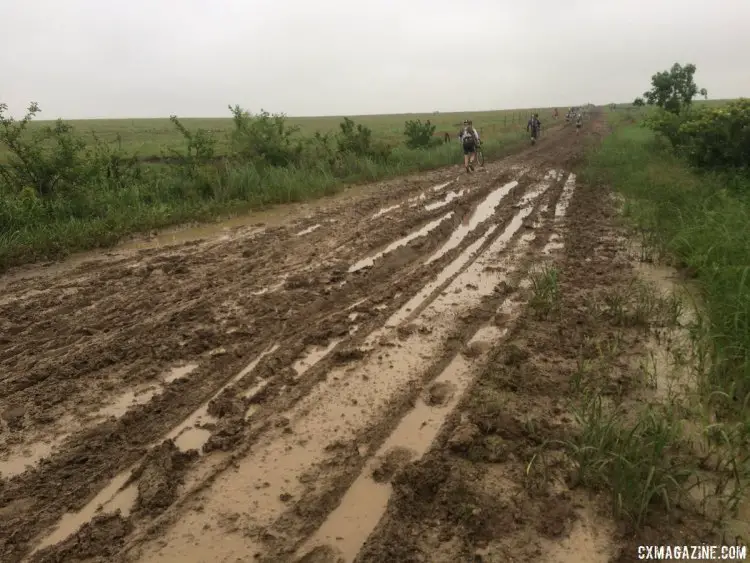
Miles and miles of muddy running can make Dirty Kanza into the world’s longest cyclocross race. photo courtesy of Neil Shirley
Of course, it’s all of those things that continues bringing me back and helps grow the lore of the event. Just about every single person out there is ready to embrace whatever the course and weather throws at them; and those who aren’t, well, hopefully they’ll be back in Emporia lining the finishing chute to cheer on each of the riders as they return after 12, 14, 18, and even up to 21 hours of riding. The feeling of riding down the finishing chute, cheered on and high-fiving the locals is about the greatest experience you could imagine and something that motivates me when times get tough out on course.
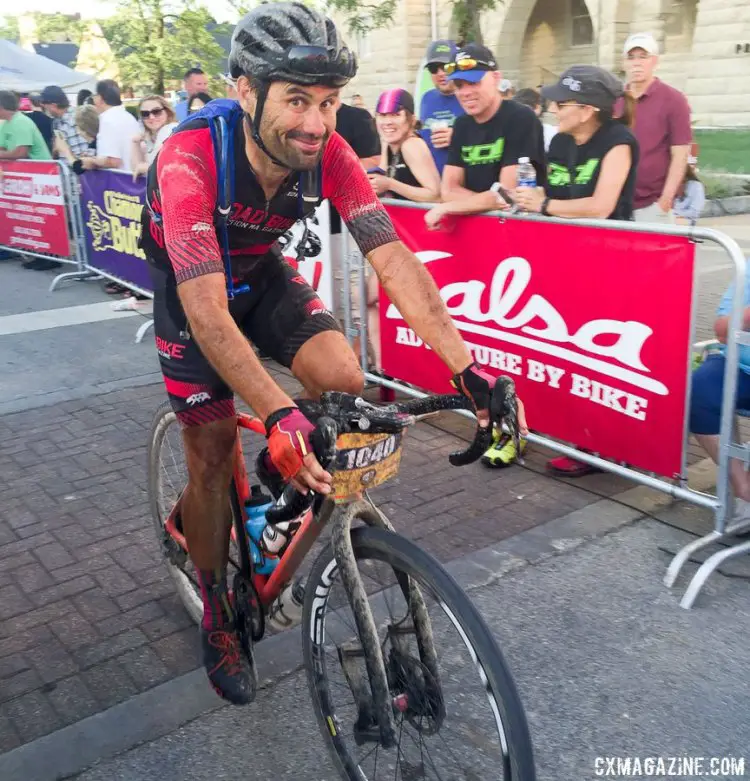
Just finishing the Dirty Kanza 200 gravel race brings out a smile, but Shirley hopes to stand on the podium one of these years. photo: courtesy of Neil Shirley
As I’ve learned in the past three years participating in DK, fitness is an important part of a successful outing into the Flint Hills, but it’s hardly the only consideration. Tested equipment, a nutrition/hydration plan, pacing strategy, the right tools along with mechanical savvy, and a whole lot of luck are all equally as important as your FTP numbers. I learned that the hard way in my first DK when after just 25 miles a broken derailleur hanger nearly took me out of the event. Putting my bike mechanic skills to use, I created a makeshift single speed thanks to the chain breaker on my Lezyne multi-tool. It worked, and 175 miles later I rode my 34×19 back into Emporia and across the finish line. So, even though my original game plan went out the window, having a plan B, C, and D allowed me to achieve my ultimate goal of finishing.
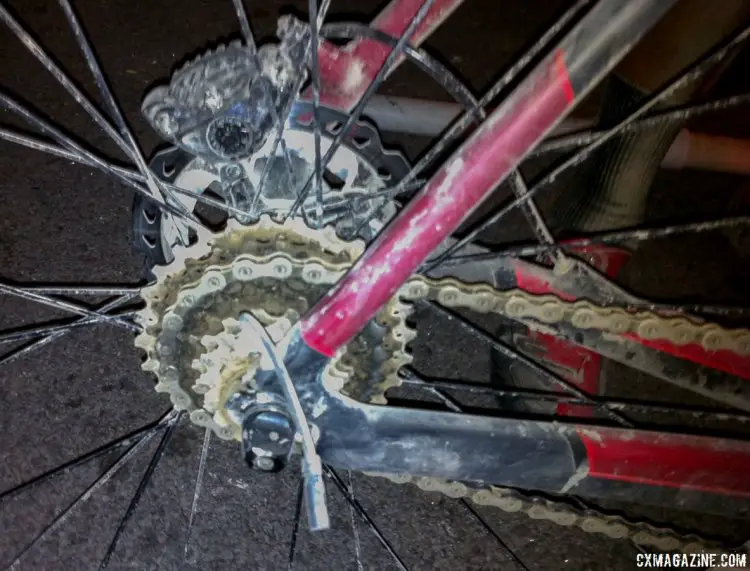
When you’re 175 miles from the finish and break your rear derailleur, you need to be creative to get to the finish line. Shirley rode the rest as a singlespeed in 2015 at the Dirty Kanza gravel race. photo: Neil Shirley
Through trial and error, I’ve been able to fine-tune some of the important things in terms of equipment, what I carry with me, and nutrition. Since there is no support on course outside of the three checkpoints that are spaced approximately 50 miles apart, it’s important to have adequate supplies while not over-packing and carrying extra weight with you. Navigation is also up to the rider, and that can be done by either going old school with provided paper course maps, or by the preferred means of most, using a GPS route file. Even something as seemingly simple as following a turn-by-turn GPS device has thwarted the efforts of a few. For instance, due to the muddy conditions two years ago, race speeds were slower than anticipated and the leading rider’s GPS battery died, leaving him stranded and forced to wait and follow the rider behind since he didn’t have a course map or secondary battery. He ended up second that day. Just one small detail…until it becomes one very big detail. Minding things such as this will be key to me having a successful outing on Saturday.
Here’s a look at my nutrition game plan and what I’ll be carrying with me.
Competitive Eating and Dinking
The race is as much about fueling as it is about pedaling. My plan is to consume 275-300 calories per hour through liquid and solid food. Fluid intake will vary depending on temperature.
- 1.5-liter hydration pack with water. I will have a fresh hydration pack at each of the three checkpoints.
- 20oz water bottle with GU Roctane (250 calories). I’ll carry two bottles on the bike and will get fresh bottles at each of the three checkpoints.
- Homemade energy bar by Indulgence Ice Cream’s Dan Rhule (200 calories). These will be my go-to food from the very beginning.
- GU Chomps (160 calories per package). These will be used if/when I’m not able to tolerate solid food
List of Essentials
- Jet Roll seat pack with the following contents:
- Lezyne Carbon 10 multi-tool
- Lezyne Twin Speed Drive CO2 head and two canisters (a Lezyne Carbon Road Drive pump will be mounted to the bottle cages)
- Lezyne Lever Kit (tire levers and a patch kit)
- Inner tube (an additional tube will be taped to the frame)
- Tire boot
- Quick link (connector link for chain repair)
- Lezyne Super GPS computer (with Navigation and Live Tracking)
- Topical EDGE (sodium bicarbonate lotion for reduced lactic acid buildup)
- Chamois Butt’r
Talking DK Tech
What about Shirley’s bike, wheels and tires? We know some readers are curious about #DK200 tech, and so we’ve got the following notes:
- Last year, Shirley raced an Open Cycles U.P. with a Lauf Grit fork and ENVE M50 carbon tubeless wheels, but this year he’s lining up on an Alchemy Hyas. His wheel choice remains the same, and he’s rolling on Panaracer GravelKing 35mm tires filled with Orange Seal sealant and 40 psi of air.
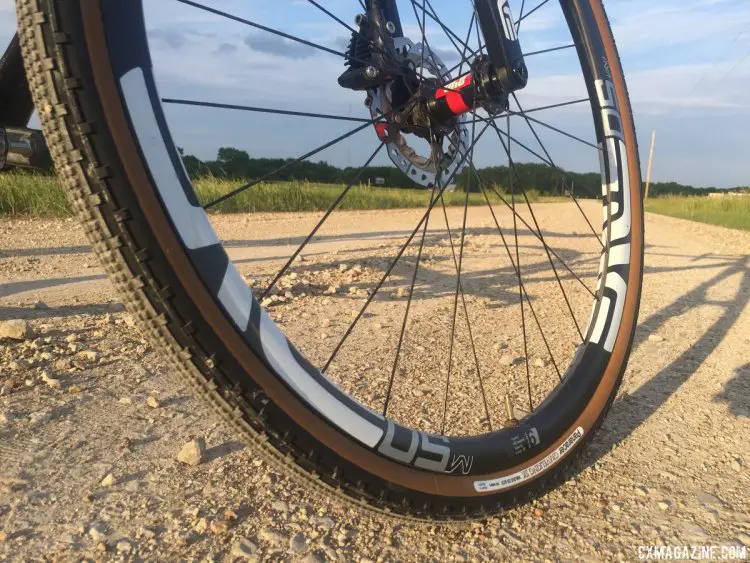
Equipment is a guessing game based on conditions and luck, but this year Shirley is rolling with an Alchemy Hyas with ENVE M50 wheels, Panaracer GravelKing 35mm SK tires, with Orange Seal sealant, inflated to 40 psi. photo: Neil Shirley
- On Friday, June 2nd at 2pm (CST) Dirty Kanza will Facebook Live a Tech Talk with product engineers from ENVE, Maxxis, and Orange Seal. They will discuss everything from wheel and tire technology in regard to gravel and mixed-surface riding.
Check back for Neil Shirley’s Dirty Kanza race report and his stories from the gravel.











